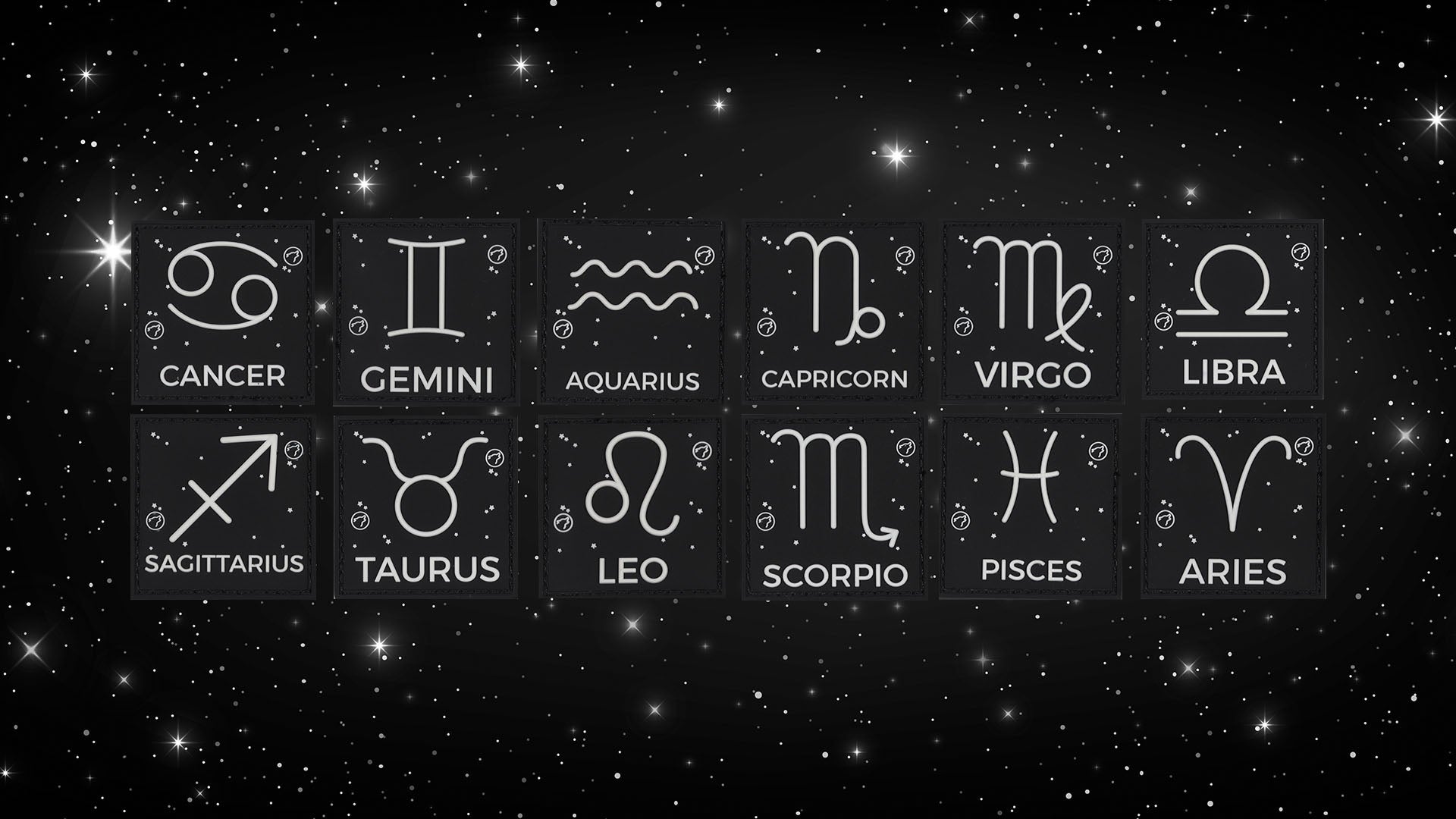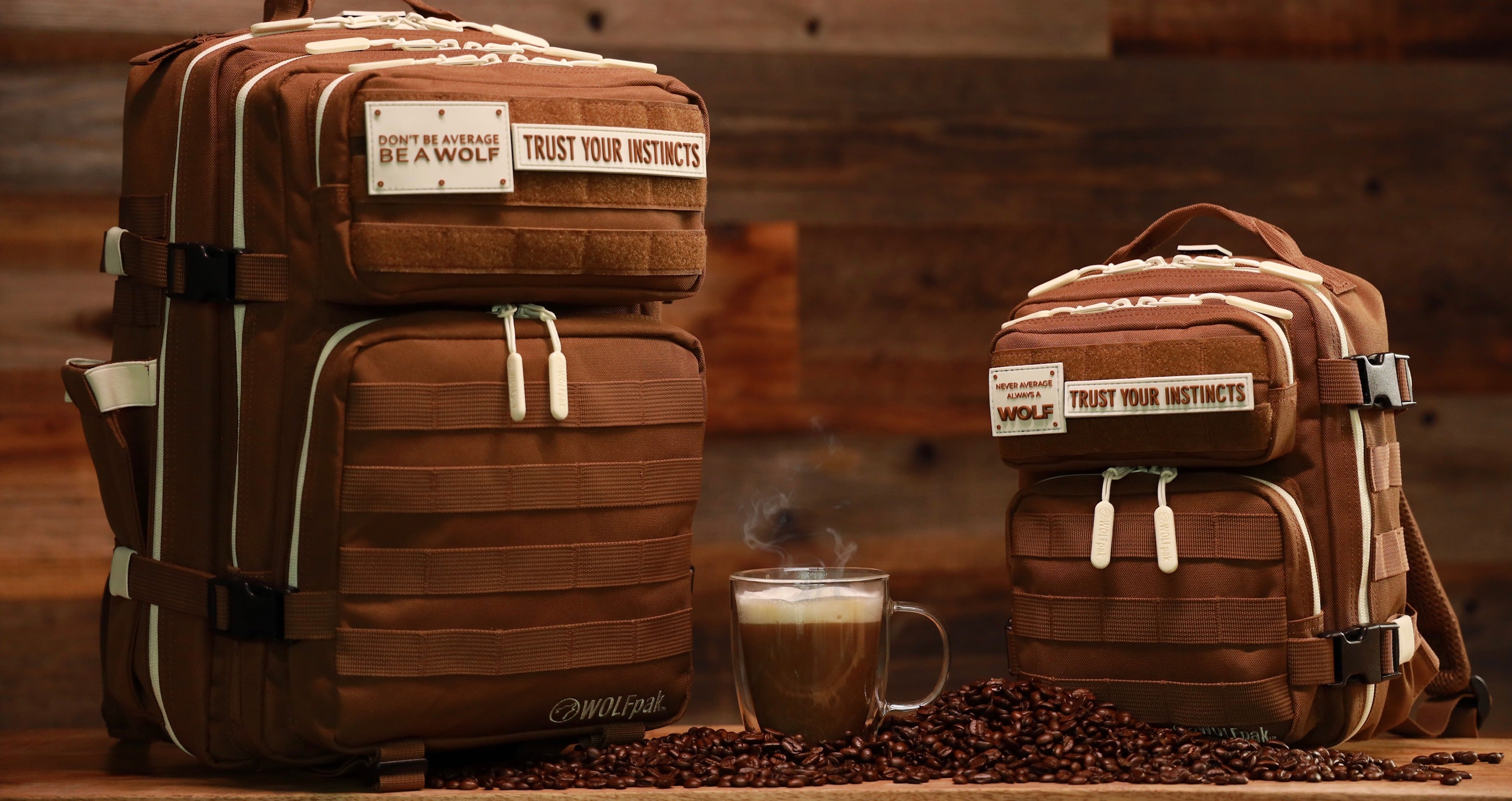Inspired by our new Mocha Collection, we reached out to nutritionist Emilina Lomas to learn whether you can drink coffee while fasting. We all love coffee, but if you’re intermittent fasting, you’ve got to tread carefully.
Intermittent fasting has gained popularity as an effective way to promote weight loss, enhance metabolic health, and improve overall well-being.
However, one common question that arises among those following intermittent fasting protocols is whether coffee is allowed during fasting periods. Does coffee break a fast? What if it’s a black coffee during intermittent fasting? What about if it’s a mocha coffee? We hear your questions, and we’re here to debunk some coffee and intermittent fasting myths.
In this blog, we will explore the topic of drinking coffee while intermittent fasting and shed light on various aspects related to this popular beverage and its potential effects on fasting. So, grab a cup of coffee and let's dive in!
Click here to shop the new Mocha Brown Collection.
Does Coffee Break a Fast?
One of the key concerns for individuals practicing intermittent fasting is whether consuming coffee will break their fast. The answer to this question largely depends on the definition of fasting that you are following.
From a caloric perspective, coffee, especially black coffee, is incredibly low in calories. In its pure form, without any additions like sugar, cream, or milk, black coffee typically contains less than 5 calories per cup. This means that from a calorie intake standpoint, consuming black coffee is unlikely to significantly impact your fasting state.
However, it's important to note that fasting is not solely about caloric intake. Some people adhere to a stricter definition of fasting, where the consumption of anything other than water is considered breaking the fast. In this context, any beverage, including black coffee, would technically be considered as breaking the fast.
On the other hand, many intermittent fasting protocols allow the consumption of beverages that do not contain significant calories or stimulate insulin release. Black coffee, being a low-calorie beverage, does not typically cause a significant rise in insulin levels, making it compatible with these protocols.
Additionally, coffee can have certain effects on the body that may be beneficial during fasting periods. It can act as an appetite suppressant, helping to curb hunger and reduce food cravings. The caffeine in coffee can also provide an energy boost and enhance mental alertness, which can be particularly helpful during fasting hours.
So can you drink coffee while fasting? Yes! But you’ve got to ensure it doesn’t contain ingredients that will break your fast. Here’s what you need to know.
Intermittent Fasting Coffee: The Do's and Don'ts
When it comes to incorporating coffee into your intermittent fasting routine, there are some guidelines to consider to ensure you stay on track with your fasting goals. Here are some do's and don'ts to keep in mind:
The Do’s
Do: Stick to black coffee or opt for unsweetened options: To keep your coffee as fasting-friendly as possible, it's best to consume it black or with minimal additions. Avoid adding sugar, creamers, milk, or any other caloric additives that could disrupt your fasting state. Opt for unsweetened alternatives like plain black coffee, cold brew, or espresso.
Do: Stay hydrated: Coffee is a diuretic, meaning it can increase urine production and potentially contribute to dehydration. It's essential to drink plenty of water alongside or after your coffee to stay hydrated. Adequate hydration is important for overall health and can also help reduce potential side effects like headaches or dry mouth.
The Don’ts
Don't drink mochas or other sugary coffee: While coffee itself can be a part of an intermittent fasting routine, it's important to steer clear of sugary coffee beverages like mochas, caramel lattes, or flavored coffees. These drinks often contain added sugars, syrups, or sweetened creams that can significantly increase your calorie intake and spike insulin levels, potentially breaking your fast.
Don't: Consume excessive amounts of coffee: While moderate coffee consumption can be beneficial, excessive amounts can lead to unwanted side effects. Too much caffeine can cause jitters, increased heart rate, nervousness, or disrupted sleep patterns. Stick to a moderate intake that suits your tolerance and listen to your body's signals.
Don't: Rely solely on coffee to suppress hunger: Coffee can act as an appetite suppressant for some individuals, but it's important not to rely solely on coffee to keep hunger at bay during fasting periods. Intermittent fasting is about balancing your nutrient intake within a specific window, so make sure to consume a well-rounded and balanced diet during your eating window to support overall health.
Does Bulletproof Coffee Break a Fast?
Bulletproof coffee, which typically consists of coffee blended with butter and medium-chain triglyceride (MCT) oil, does contain calories. Therefore, it technically breaks a pure fast in terms of caloric intake.
However, proponents of Bulletproof coffee argue that the high-fat content of the beverage promotes a state of "fat fasting" or "modified fasting," where the body remains in a fat-burning mode despite the caloric intake. They believe that the fats in Bulletproof coffee do not trigger an insulin response and can help sustain energy levels while still reaping some of the benefits of fasting.
It's important to note that the impact of Bulletproof coffee on fasting can vary from person to person. Some individuals may experience minimal disruption to their fasting state, while others may find that it hinders their progress. The decision to include Bulletproof coffee during fasting periods ultimately depends on your personal goals and the specific fasting protocol you are following.
Try this Healthy Mocha Recipe
Sweet on mocha coffees but don’t want to break your fast? Try this!
If you're looking for a mocha recipe that is suitable for intermittent fasting and won't break your fast, you can try the following:
Ingredients:
- 1 cup of freshly brewed black coffee
- 1 tablespoon of unsweetened cocoa powder
- 1/2 teaspoon of pure vanilla extract (optional)
- 1/2 teaspoon of cinnamon (optional)
Instructions:
- Brew a cup of black coffee using your preferred method. Make sure to avoid adding any sweeteners, creamers, or milk during the brewing process.
- In a separate small bowl, combine the unsweetened cocoa powder, vanilla extract, and cinnamon (if desired). Mix well to create a smooth cocoa mixture.
- Pour the brewed black coffee into a blender or a mixing bowl. Add the cocoa mixture to the coffee.
- Blend or whisk the coffee and cocoa mixture together until well combined and frothy.
- Taste the mocha and adjust the flavors to your liking. If you prefer a sweeter taste, you can add a small amount of a calorie-free sweetener like stevia or erythritol.
- Pour the mocha into a mug and enjoy!
This fasting-friendly mocha recipe allows you to savor the rich flavors of chocolate and coffee without adding any additional calories or ingredients that may break your fast. The unsweetened cocoa powder adds a delicious chocolate taste, while the coffee provides a welcome energy boost during your fasting window.
Shop WOLFpak Mocha Collection.
Read more

The age-old question: is astrology real? Have you ever gazed at the night sky, wondering about the ancient wisdom behind astrology? If you're curious about the fascinating world of Zodiac Signs an...

Let’s look into the pros and cons of rucking to prove whether walking with weights in a backpack is healthy so you can explore this activity confidently.













Leave a comment
This site is protected by hCaptcha and the hCaptcha Privacy Policy and Terms of Service apply.